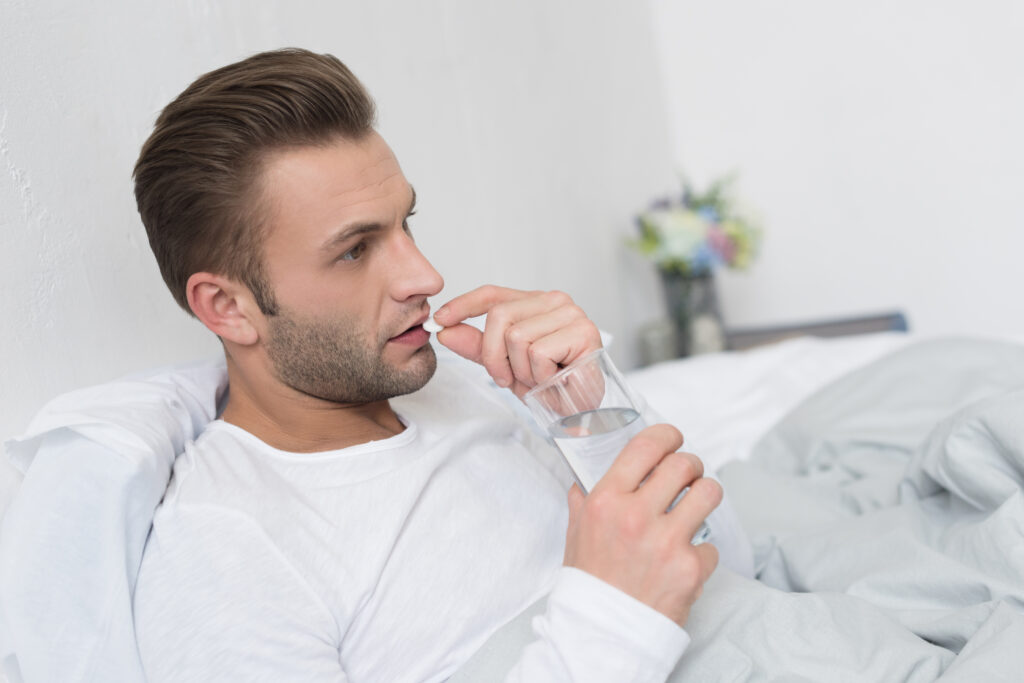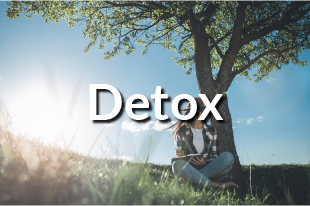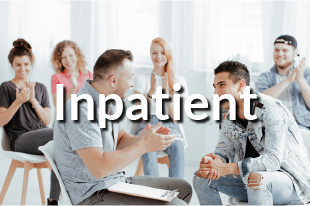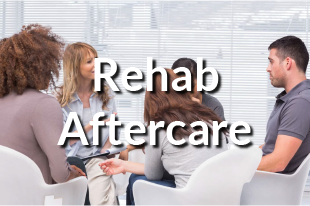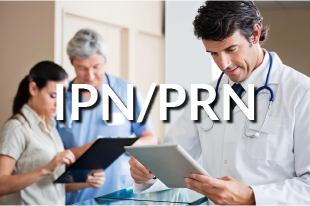Florida is renowned for being one of the most fun, vibrant places in the world. However, the Clearwater beach parties, wild Miami nightlife, and Disney theme parks hide a persistent problem: addiction. Alcoholism, binge drinking, and drug addiction are major issues within the state, and drug- and alcohol-related deaths are on the rise.
If you or someone you love struggles to control their drinking habits, Behavioral Health Centers can help. We provide medical detox and residential alcohol rehab to Florida residents and anyone from further afield looking to escape their daily life and hit the reset button. Get in touch today at 772-774-3872 to find out more about our luxurious setting and cutting-edge treatment plans.
What Is Alcoholism?
Alcoholism, or alcohol use disorder, is the continued compulsive use of alcohol despite negative consequences. Alcohol dependence and alcohol addiction differ somewhat in that the former is a physical affliction and the latter is psychological, but they usually occur together.
An important element of addiction is that not everyone has the necessary mixture of genetic and environmental factors to bring about the onset of the disease. People who get addicted to alcohol aren’t weak or lacking in willpower compared to those who don’t — they’re unlucky enough to have a perfect storm of risk factors.
While there’s no cure for alcohol use disorder, recovery is possible for anyone. Individuals struggling with excessive drinking should seek professional help so they can get the support and access the resources necessary to stop drinking while minimizing withdrawal symptoms.

Signs and Symptoms of
Alcohol Abuse
The sense of invincibility people experience in the early stages of alcohol abuse is often enduring and can act as a shield preventing them from seeking the help they need. Denial is a common characteristic of alcoholism, but learning about the mechanism of addiction and the reality of its health consequences can be a major driving force in getting people to seek alcohol abuse and alcoholism treatment.
Let’s explore the physical, psychological and behavioral consequences of symptoms of alcoholism.
Physical
Psychological
Behavioral
What Are Alcohol
Withdrawal Symptoms?
Alcohol withdrawal symptoms can be uncomfortable and even scary. They’re often a barrier that prevents people who know they have a problem drinking alcohol and need help from quitting. With so many scary stories in the media about detox and rehab, it’s understandable that people fear treatment, but these fears are often unfounded. This is because alcohol rehab is the safest, most comfortable place for people to break free from alcohol abuse. Common withdrawal symptoms include:
When you go through alcohol withdrawal under the supervision of a team of medical experts, you can get access to medication that minimizes the discomfort associated with withdrawal. What’s more, in a luxury rehab setting like Behavioral Health Centers, you enjoy complementary therapies such as massage, chiropractor and neurobehavioral therapy. You also have the option to attend exercise classes and visit the gym to help you relax and unwind.
What Causes Alcoholism?
There’s no single cause for alcohol addiction. Instead, it’s the culmination of a mixture of genetic and environmental factors. This is why not everyone who’s experienced trauma goes on to develop alcohol use disorder and why not everyone who becomes addicted to alcohol has experienced severe trauma. It also explains why family members who are exposed to the same risk factors can display entirely different outcomes.
Everyone has a different genetic makeup and medical condition and experiences the world in their own way. No one chooses to become dependent on substances, but some people are at a much higher risk of alcohol misuse than others.
Genetics
Genetics plays a key role in the onset of alcohol use disorder. On the one hand, a family history of alcohol is an important factor. However, personality traits also contribute to the onset of the disease. Some people are more sensitive to stimuli than others, which means an event that could be considered insignificant to one person is traumatic to another.
In addition, traits such as impulsivity and difficulty regulating emotions might be governed by genetics, and could have a significant role in whether someone becomes addicted. Mental health conditions may also be genetic and show a strong correlation with substance abuse.
Environment
Genetics forms one aspect of a person’s potential to become addicted, but environmental triggers are usually also present. While genes are important, seeing family members drink heavily from an early age is an additional risk factor because it normalizes the behavior. Other environmental risk factors include:
- Using addictive substances from an early age
- Peer pressure
- Binge drinking or excessive drinking behavior
- Lack of supervision during childhood
- Poverty
- Lack of access to quality education and jobs
- Trauma during childhood
- Lack of family stability

Health Risks of Heavy or Binge Drinking
Alcohol misuse is toxic to the human body. In smaller quantities, and when not abused, your system is perfectly capable of processing it without any issues. Even in large quantities, people with high metabolisms or a genetic propensity to handle alcohol can happily cope with one-off or infrequent bouts of heavy drinking. In the early stages of alcoholism, many people with alcohol use disorder don’t experience adverse health effects.
However, using alcohol in large quantities over prolonged periods damages the liver, kidneys, respiratory system and brain and detracts from other vital processes. Look at it this way: If your immune system is always busy trying to process alcohol and fix the damage it causes, it won’t have as much energy left to stave off other illnesses. Other risks include:
Substance Abuse Treatment Options for Alcohol Use Disorder
If you’re considering seeking help for yourself or a family member, it’s important you understand the treatment options available to you. Below is a breakdown of the different types of rehab programs and behavioral treatments for people struggling with alcoholism and an explanation of who each one is best suited for.
Therapy for Alcohol Dependence
When you come to rehab, the first step is detox. This puts your body and mind in the best position to take in everything you’re about to discover in therapy and psychoeducation. When you’re ready, you’ll take part in a wide variety of different behavioral therapies.
We aim to provide you with lots of different approaches so you can find the ones that help you most. Everyone responds slightly differently to different methods, and it’s important that you find the one best suited to your needs.
Neurobehavioral Therapy
We’re one of the first rehab centers in Florida to use this cutting-edge technological approach to addiction recovery. NBT is a multi-pronged approach that involves monitoring metrics such as HRV and bio sound monitoring with TCS and CES. Direct stimulation from low-frequency waves can help regulate the specific neural pathways in your brain that contribute to the addictive behavior.
Psychodynamic Therapy
Psychodynamic therapy is a core aspect of group and individual therapy. It’s a style of talking therapy that’s based on uncovering subconscious patterns from childhood, exploring them in the open and helping you understand your motivations. Shining a light on why you think, behave and act in certain ways forms a crucial foundation for moving forward and developing new, healthy coping mechanisms.
Cognitive Behavioral Therapy
CBT is a talk therapy that differs somewhat from psychodynamic therapy because it’s future-focused. You do speak to your therapist about the past in initial sessions, but the focus is much more strongly on developing tools and coping mechanisms and updating your beliefs about yourself and the world. When you work on how you respond to specific situations, it makes it easier to adapt future behaviors.
Motivational Enhancement Therapy
Motivational enhancement therapy is a style of talking therapy that’s empowering and encourages you to understand the harmful effects of drinking. You explore the advantages and disadvantages of quitting drinking and learn about the effectiveness of setting small, incremental goals and rewarding yourself appropriately when you reach them.
Lifestyle Interventions
Thankfully, alcohol rehab isn’t all about attending therapy and digging deep into your psyche to uncover truths. One of the best things about seeking treatment is interacting with a wonderful community of people who understand exactly what you’re going through. And when you spend sober quality time with peers, enjoying meals together and going on adventures, you reconnect with a part of yourself that addiction often buries.
We go over and above most rehab centers in Florida by providing residents with access to the following:
Psychoeducation
While everyone has some idea of what addiction means, few are up to date with the latest science. Having a clear understanding of the mechanisms governing addiction is an important facet of recovery. It’s much easier for your irrational, emotional brain centers to govern your behavior when you’re not fully aware of how dangerous abusing alcohol actually is. Of course, understanding alcoholism is no cure, but it’s a necessary element for maintaining recovery.
Family Therapy
“Addiction is a family disease.” If you’ve conducted research about substance use disorders, you’ve probably come across this phrase. And many people agree that it’s true. In fact, addiction has individual, familial and social repercussions, which make treating it a priority. While it’s not the sufferer’s fault that they’re addicted, taking responsibility for healing can have a profoundly positive impact on those around you. It can also put you in a better position to reach your full potential and contribute to your community.
What’s more, family therapy teaches your loved ones about what it means to be addicted. It’s easy for them to draw conclusions that you’re doing it on purpose or could stop drinking by yourself if you just tried harder. Working with a therapist helps your family understand the best ways to help you, in addition to providing vital guidance on communication and setting boundaries.
Few elements of recovery are as useful as support groups such as alcoholics anonymous. During group therapy, you get a unique opportunity to learn about addiction through the eyes of your peers. Hearing about the struggles of alcoholism from different perspectives can be transformative in various ways. Plus, getting the chance to speak and be heard when sharing your experiences helps show you the power of empathy, listening and expressing your emotions.
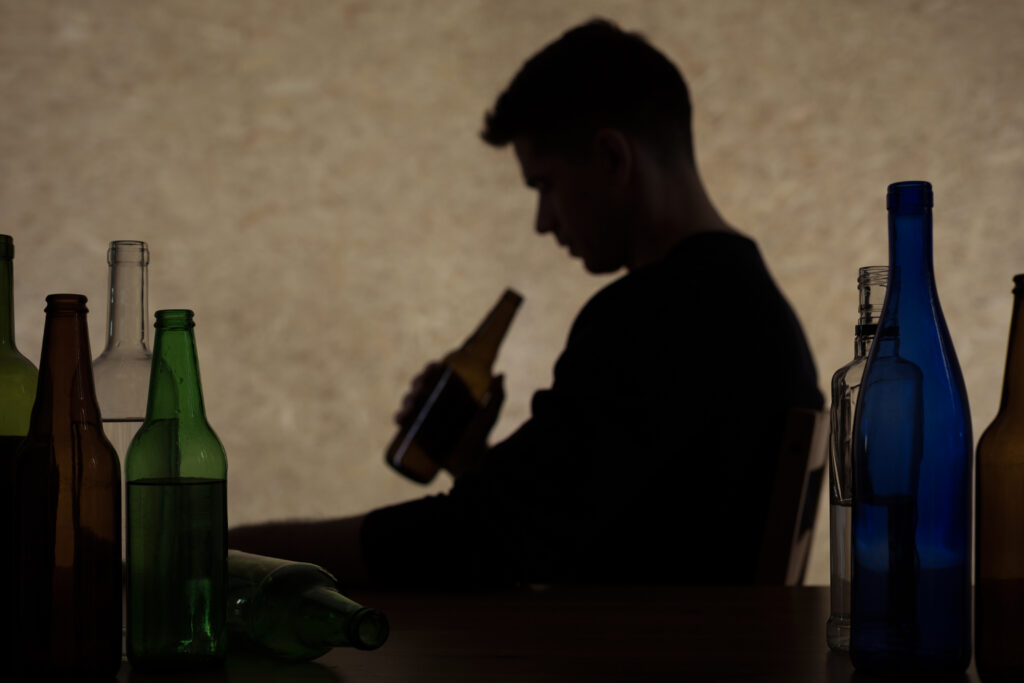
Florida Alcoholism Statistics
Alcohol addiction affects more than 14 million people across the United States, and nearly one million people have an alcohol use disorder in Florida. Let’s look at alcoholism statistics in the five largest cities in the state.
- Jacksonville: According to USA Today, Jacksonville is one of the heaviest-drinking cities in the United States. Almost 20% of adults drink alcohol excessively, which is equivalent to one-fifth of the entire adult population.
- Miami: In 2016, 26,713 people in the Miami area sought treatment for alcohol addiction. This is almost three times the amount of admissions for the same condition in 2013. It’s not clear whether the incidence of alcoholism is on the rise or more people are seeking treatment.
- Tampa: According to the Substance Abuse and Mental Health Services Administration, 23.2% of people in Tampa over age 12 participated in binge drinking over the course of a month in 2009.
- Orlando: Binge drinking is a major issue in Orlando, and it accounts for around 90% of alcohol drinks consumed by people under age 21.
- St. Petersburg: St Petersburg is the fifth-largest city in Florida and has a reputation for raucous nightlife and a higher-than-average crime rate. Heavy drinking causes people to be more aggressive and less inhibited and is known to fuel crimein the city.
Alcohol Addiction Treatment FAQs
Get Sober and Rediscover Yourself
Alcohol addiction can leave you feeling isolated and hopeless, but there’s a rich, joyful life waiting for you on the other side. Break free from the confines of substance abuse and reach your full potential with help from Behavioral Health Centers. Call us today at 772-774-3872 to book your spot at our luxurious rehab center with a low staff-to-patient ratio, leisure facilities and daily chef-prepared meals.
You can attend our addiction treatment center no matter where you’re from in the world, and we accept most major insurance providers. We’re based in Florida, and serve the following areas in addition to the ones listed above:
